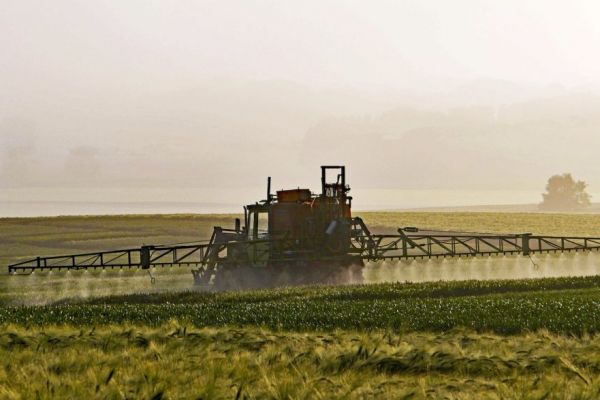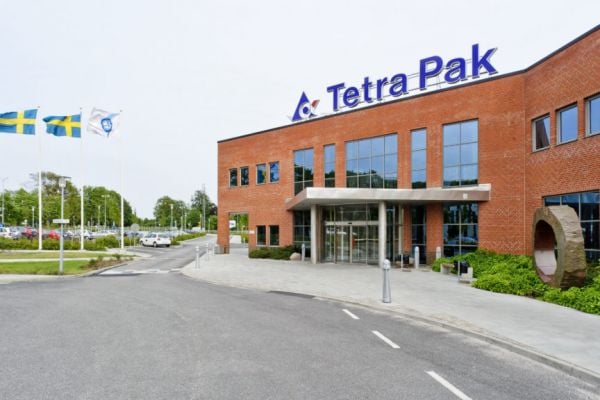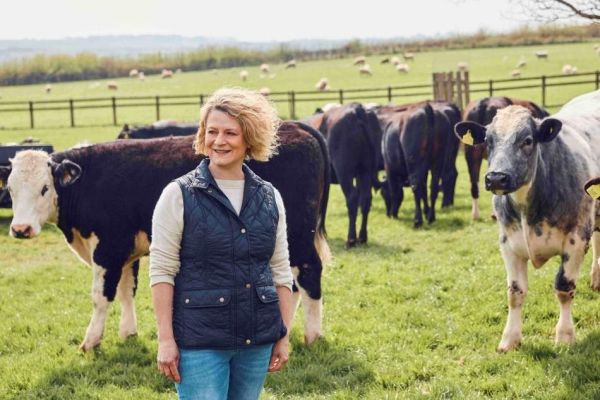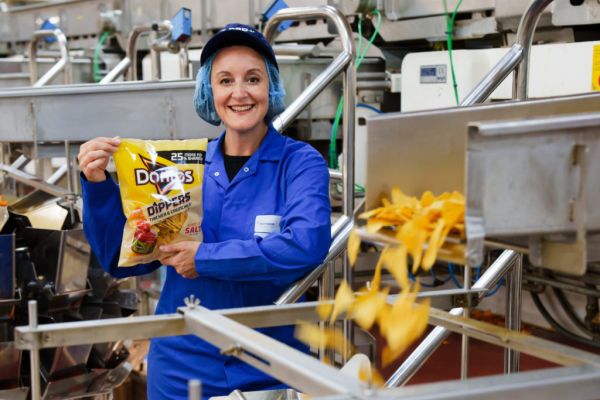Bain & Company and the World Economic Forum have released a new report focusing on the urgent and complex changes required to transform global food systems.
The report includes a roadmap outlining the necessary steps for global stakeholders to enact meaningful systemic change in national food systems.
These actions, if applied in tandem and with greater urgency, will accelerate country-led food systems transformation, the report noted.
Countries: The Most Relevant Unit Of Change
The report identifies 'countries' as the most relevant unit of change and shares lessons from a set of seven 'early mover' nations across Africa, Asia, and the Americas to underscore the actions and investments required for food system transformation.
The profiles of Ethiopia, India, Vietnam, and Ghana show the critical role governments play in catalysing the transformation of food systems in developing and emerging countries, the report noted.
It also shows how these countries can improve their performance by unlocking the potential of small and medium enterprises, particularly those that are farmer-allied and operating in local food chains.
"With fewer than eight annual planting cycles left until the 2030 climate goals, the pace of change is simply not fast enough to meet the planet's needs," said Vikki Tam, partner and leader of Bain & Company's global Social Impact practice.
"There will need to be more effective multi-stakeholder collaboration to understand, assess and navigate the trade-offs in complex food system transformations."
The report also mentions Algeria, which has used innovation to improve outcomes across productivity, sustainability, and nutrition.
The country, with only 17% of land suitable for agriculture, has greatly improved food security in the face of significant constraints on water availability, by investing in innovative irrigation systems and targeted crop choice.
The report also cites examples in Canada and New Zealand, illustrating the process of scaling the shift to eco-friendly and climate-smart food production, with a particular focus on economic advantage for producers.
Food System Challenges
In order to face challenges in the modern food system, many levers need to be pulled concurrently, the report said.
These include government policy and related tools, public-private partnerships, financing, technology innovation, corporate and enterprise action, and multi-stakeholder coalitions.
The report noted that each 'early mover' country profile is an example of a large-scale change at the country level.
Collectively, they demonstrate the potential for these levers if applied in tandem and with greater urgency to accelerate country-led food systems transformation, it added.
"Public-private partnerships and action-focused multi-stakeholder coalitions will become more important than ever," said Sasha Duchnowski, partner and leader in Bain & Company's sustainability practice.
"Businesses have a critical role to encourage farmer adoption of climate-smart and nature-positive practices, by creating necessary demand signals in what and how we consume," he added.
© 2023 European Supermarket Magazine – your source for the latest supply chain news. Article by Dayeeta Das. Click subscribe to sign up to ESM: European Supermarket Magazine.














